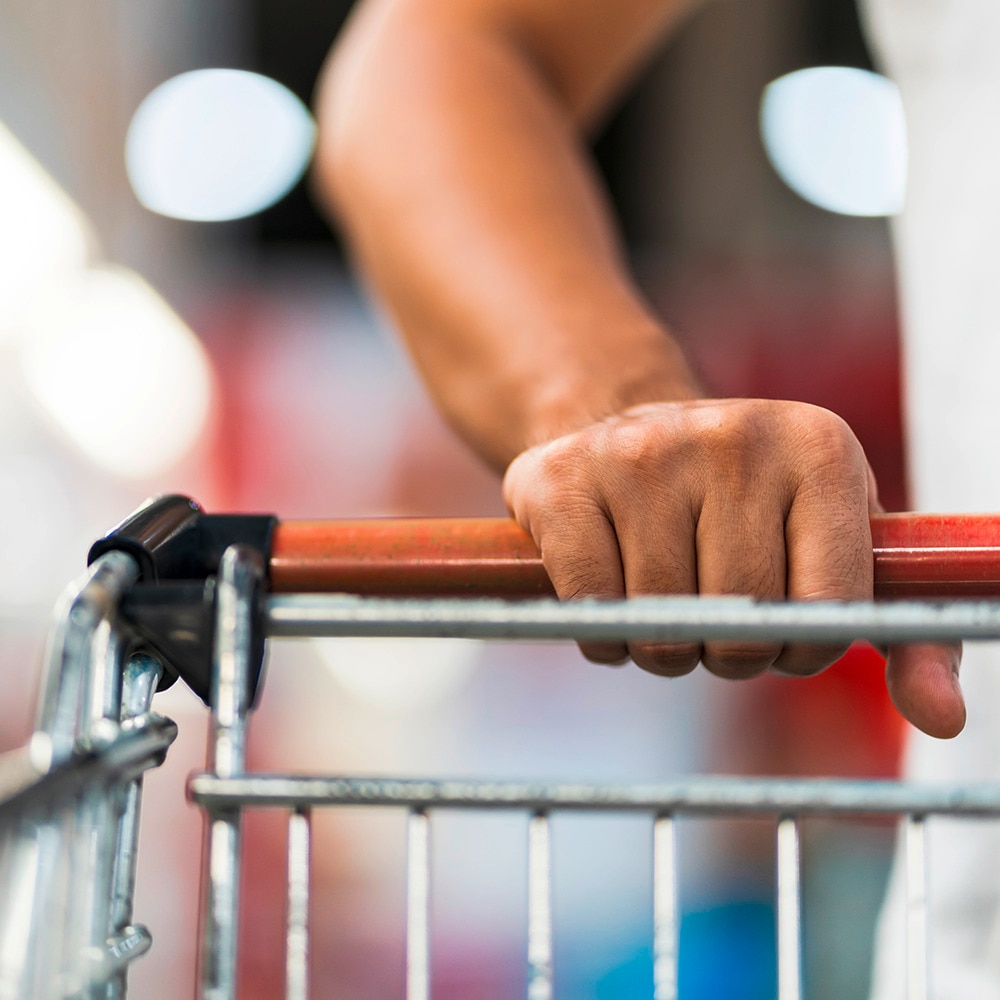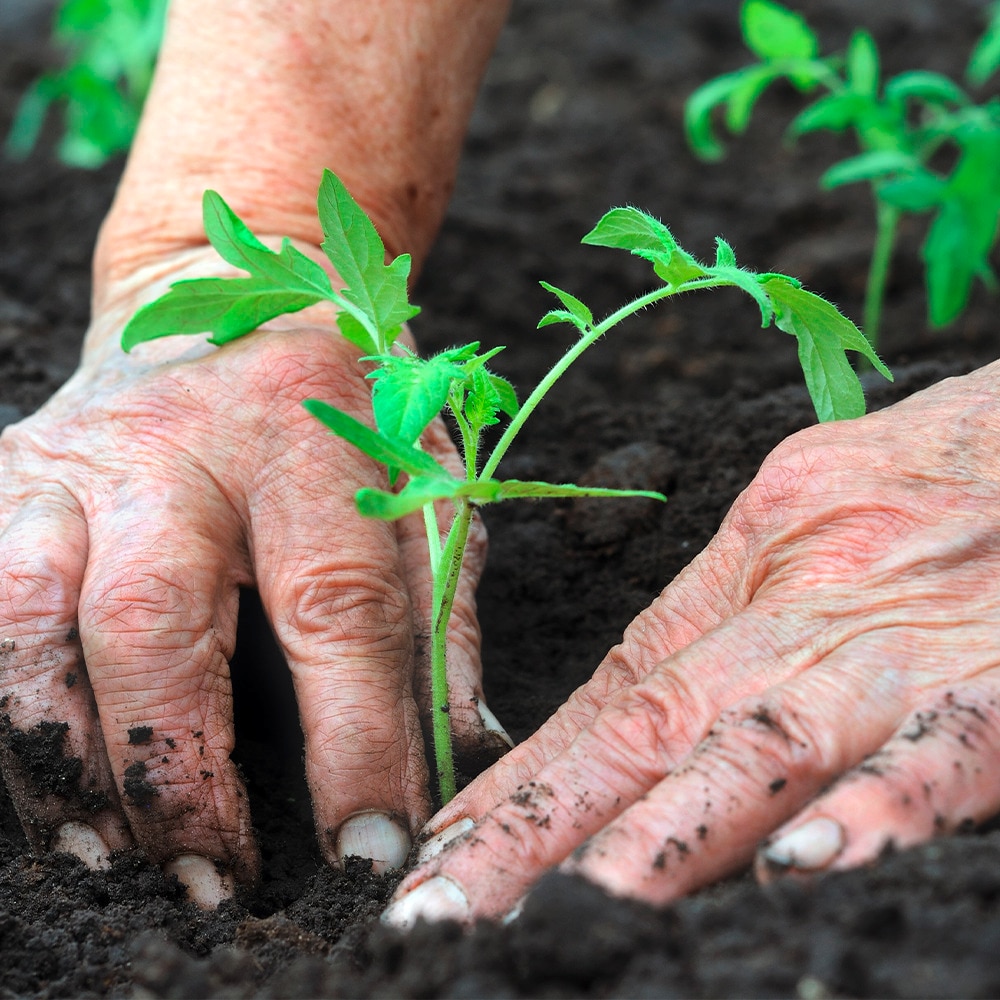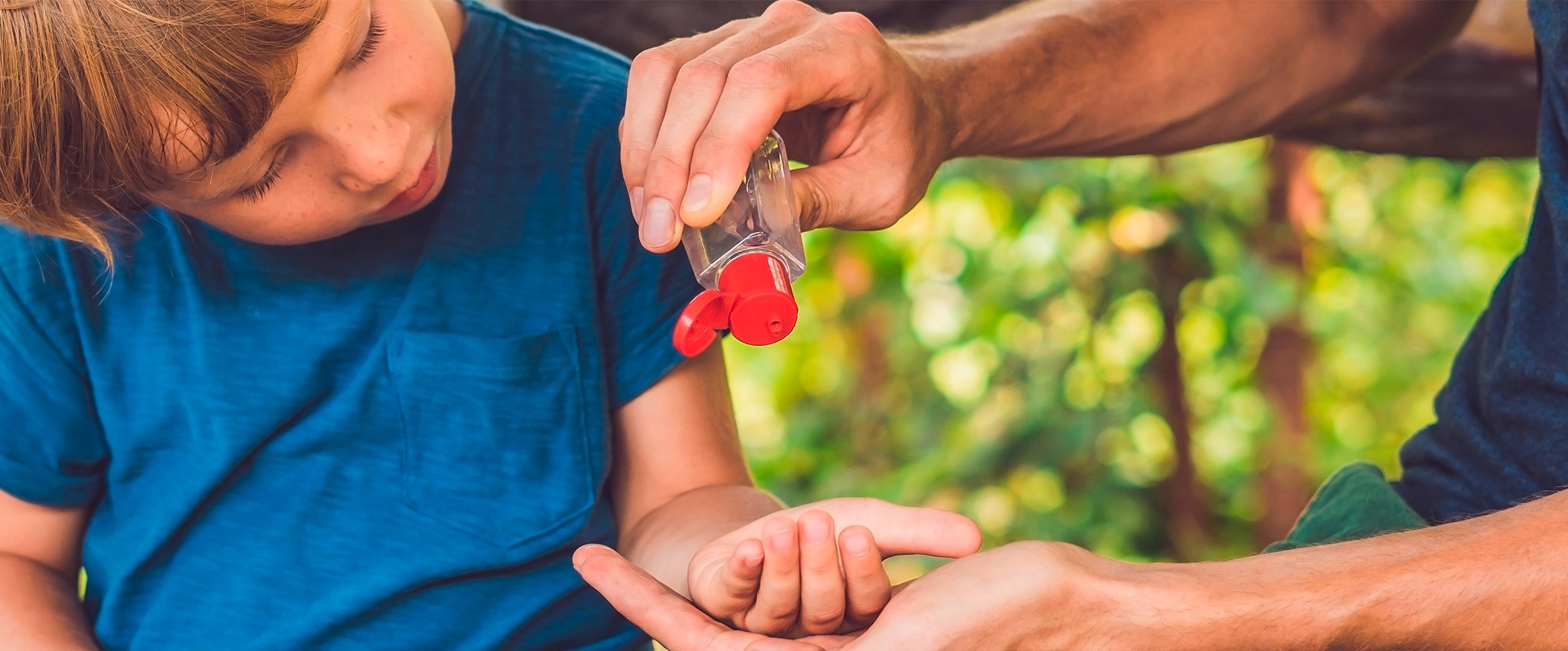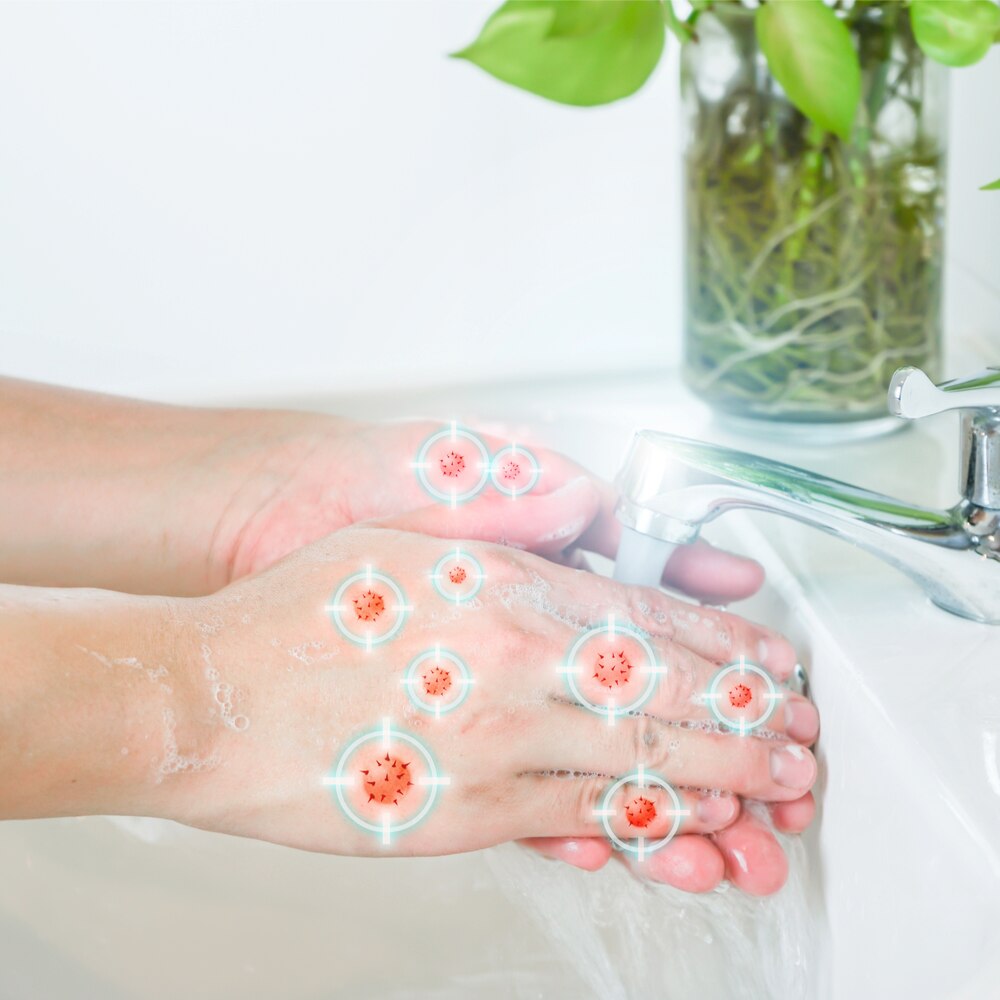Since the start of Covid-19, a key global message has been to practice good hand hygiene. While nothing beats handwashing when it comes to fighting germs, if soap and water are not available, then an alcohol-based hand sanitizer is your best option.
The What, How and Why Of Sanitizers

When used correctly, sanitizer can help prevent the spread of infection, flu and of course, COVID-19. However, it is not easy to know which brand you can trust. It’s almost impossible to enter a store these days without being given an obligatory squirt of sanitizer, but what do we know about the sanitizer liquid or gel we rub into our hand’s multiple times a day?
Across the world, concerns over the safety of sanitizer liquid and hand rub have been growing. Some manufacturers were discovered to be making false claims about the ingredients in their products asserting, for example, that they contained the recommended concentration of alcohol when in fact they contained notably less. Others falsely claimed their products had been certified by the South African Bureau of Standards (SABS).
Lifebuoy’s alcohol-based hand sanitizers are safe, compliant, contain 70% alcohol and are effective against 99.99% of germs. In fact, Lifebuoy Global was the first soap brand to confirm that its alcohol-based hand sanitizer gel is over 99.9% effective against the SARS-CoV-2 Coronavirus responsible for COVID-19.
Businesses and workplaces can also access Unilever Professional Lifebuoy Hand Sanitizer Liquid which comes in a five litre container. It leaves no residue and is fragrance free and, like all Lifebuoy sanitizing gels and spray, it leaves hands moisturised.
Whichever certified product you chose, it will work quickly and efficiently if used correctly and in the right circumstances.
When Should You Use an Alcohol-Based Hand Sanitizer?
- When soap and water are not readily available
- After using the toilet, blowing your nose, coughing, or sneezing
- After touching surfaces that may be harbouring germs such as door handles, shopping trolleys or your cell phone
- Before and after eating food
- Before and after caring for or visiting a sick person
- Before and after touching a baby or changing a nappy

When Is an Alcohol-Based Hand Sanitizer Not Effective?
If there is visible dirt or grease on your hands. For example, if you have been gardening, working with tools, playing sports or handling food. In these instances, wash your hands with soap and water as soon as possible.
How Should You Use Alcohol-Based Hand Sanitizer?
- Apply the product to the palm of one hand. With Lifebuoy gel and spray sanitizers, a little goes a long way.
- Rub the sanitizer all over the surfaces of your hands until they feel dry (this should take around 20 seconds).
- Do not rinse or wipe off the hand sanitizer before it dries as it possibly will not work as effectively against germs.
Because hand sanitizers are made from ethanol, or isopropyl alcohol, they can be toxic so care must be taken, especially with children. In the home, keep all hand sanitizers stored away out of reach. If a child or toddler ingests any sanitizer, immediately take the child to the nearest clinic or hospital.
Please note:
* All claims are as per lab test
* Washing hands with soap and water or use of an alcohol-based hand sanitizer is one of the World Health Organization (W.H.O) recommended measures to help reduce risk of coronavirus infection. Please follow additional guidelines recommended by health authorities like W.H.O or C.D.C local health authorities.




